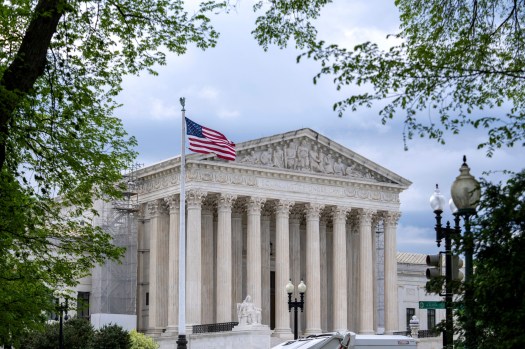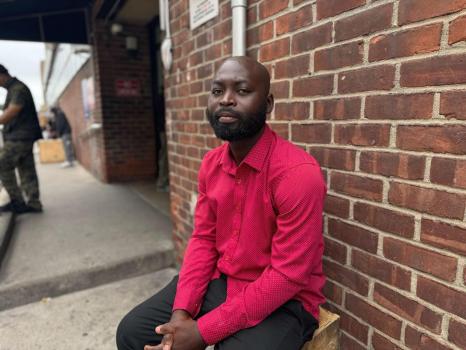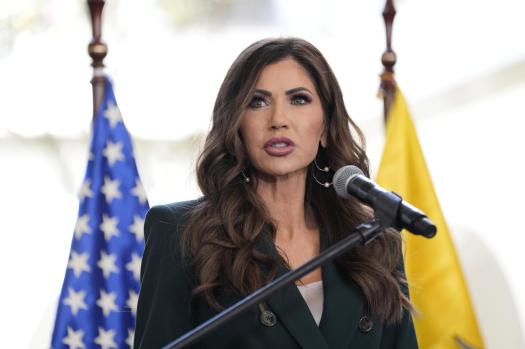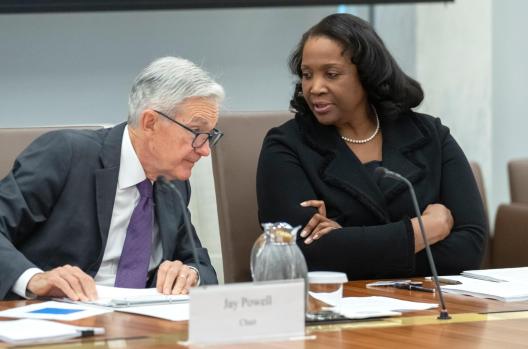By Associated Press’s Mark Sherman
Washington (AP) The status of President Donald Trump’s restrictions on birthright citizenship remains uncertain despite the Supreme Court’s 5-4 judgment on Friday that individual judges do not have the power to issue countrywide injunctions.
The Republican president, who has grumbled about certain judges putting up barriers to his agenda, won the outcome.
However, a conservative majority did not rule out the prospect that the modifications to birthright citizenship may continue to be rejected across the country. Under Trump’s order, children born in the United States to illegal immigrants would not be granted citizenship.
Anyone born in the United States is automatically granted birthright citizenship, including children whose mothers are in the country illegally. Shortly after the Civil War, the 14th Amendment to the Constitution established the right.
In the famous 1898 Supreme Court ruling United States v. Wong Kim Ark, the court ruled that the only children who were not granted U.S. citizenship at birth were those born on foreign ships, to members of sovereign Native American tribes, to diplomats who were loyal to another government, and to enemies who were in the country during hostile occupation.
The United States is one of roughly thirty nations that practice birthright citizenship, sometimes known as the “right of the soil” or jus soli. The majority, including Canada and Mexico, are in the Americas.
In the executive order he signed on his first day in office, Trump and his supporters argued that the requirements for obtaining U.S. citizenship should be more stringent. Trump described this as a profound and priceless gift.
According to the Trump administration, children of noncitizens are not entitled to citizenship because they are not under US authority, as stated in the amendment.
However, in their lawsuit to block the executive order, states, immigrants, and rights groups have charged that the administration is attempting to undermine the more widely accepted definition of birthright citizenship that has existed since the passage of the amendment.
The administration has consistently been ruled against by judges.
Related Articles
-
Alexander Vindman, key witness in first Trump impeachment, may run for U.S. Senate in Florida
-
Canadian man held by immigration officials dies in South Florida federal facility, officials say
-
Trumps drop Made in the USA label for new phone and a debate ensues: How to define made ?
-
Meet the Senate parliamentarian, the official tying Republicans in knots over their tax bill
-
US signs agreements with Guatemala and Honduras to take asylum seekers
The Justice Department had maintained that individual courts were not empowered to enforce their decisions across the country.
Instead, the Trump administration wanted the judges to let Trump’s proposal take effect for everyone, excluding the few individuals and organizations that filed the lawsuit. If not, the administration contended that the 22 states that filed the lawsuit may keep the plan blocked for the time being. A different order that is not relevant to this case covers New Hampshire.
As a backup plan, the administration requested that, at the very least, it be permitted to publicly publish its intentions for implementing the policy should it be permitted to go into force.












